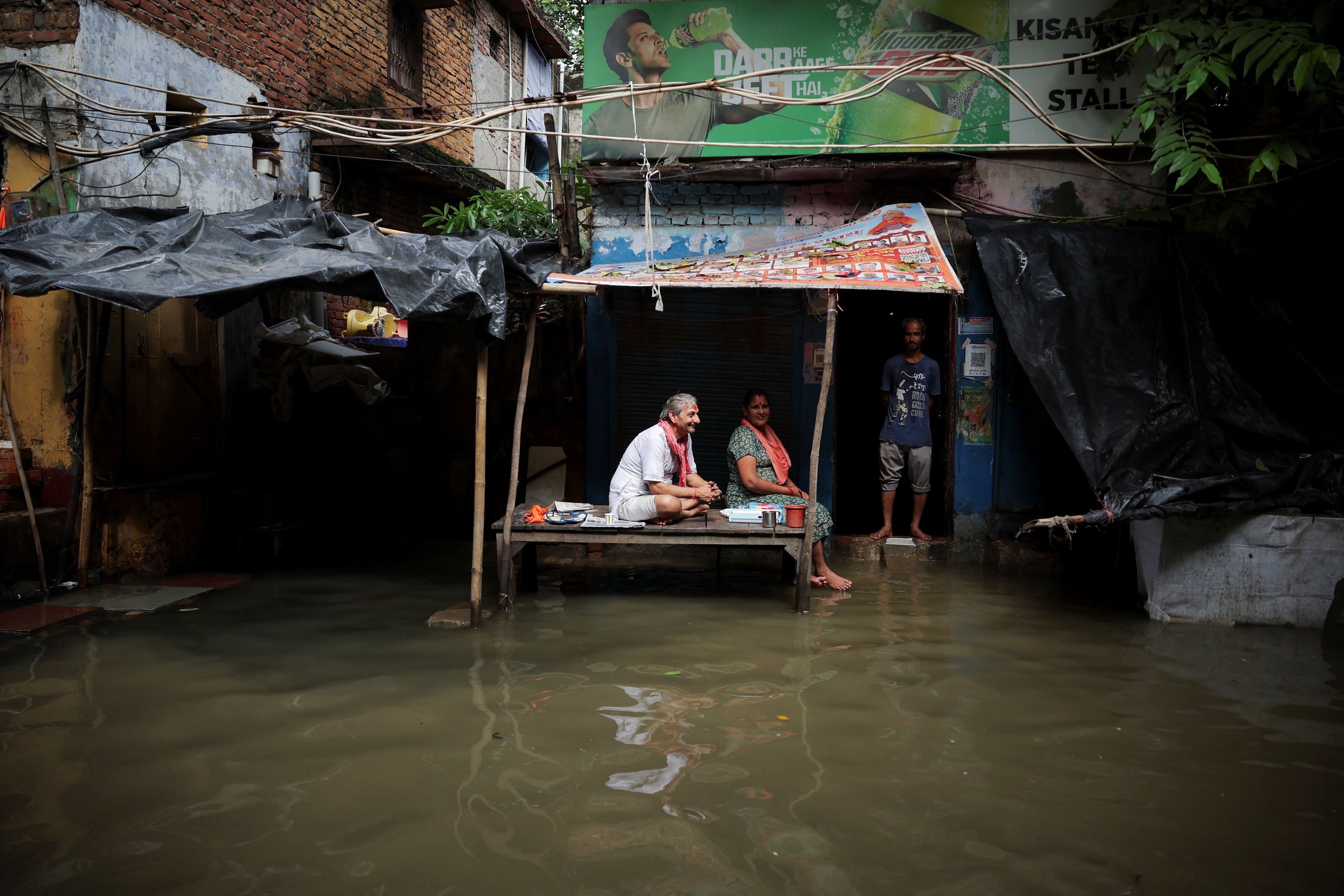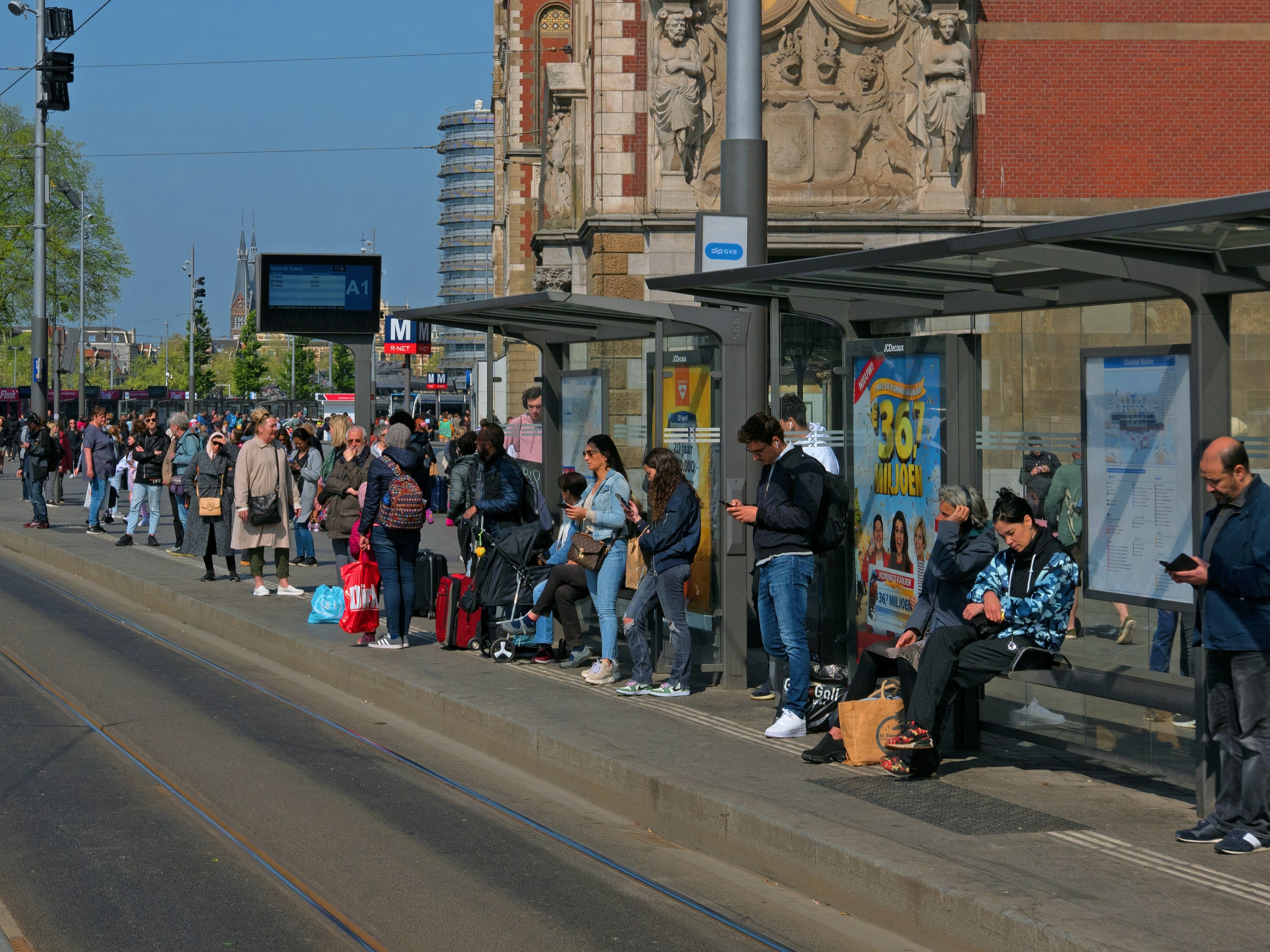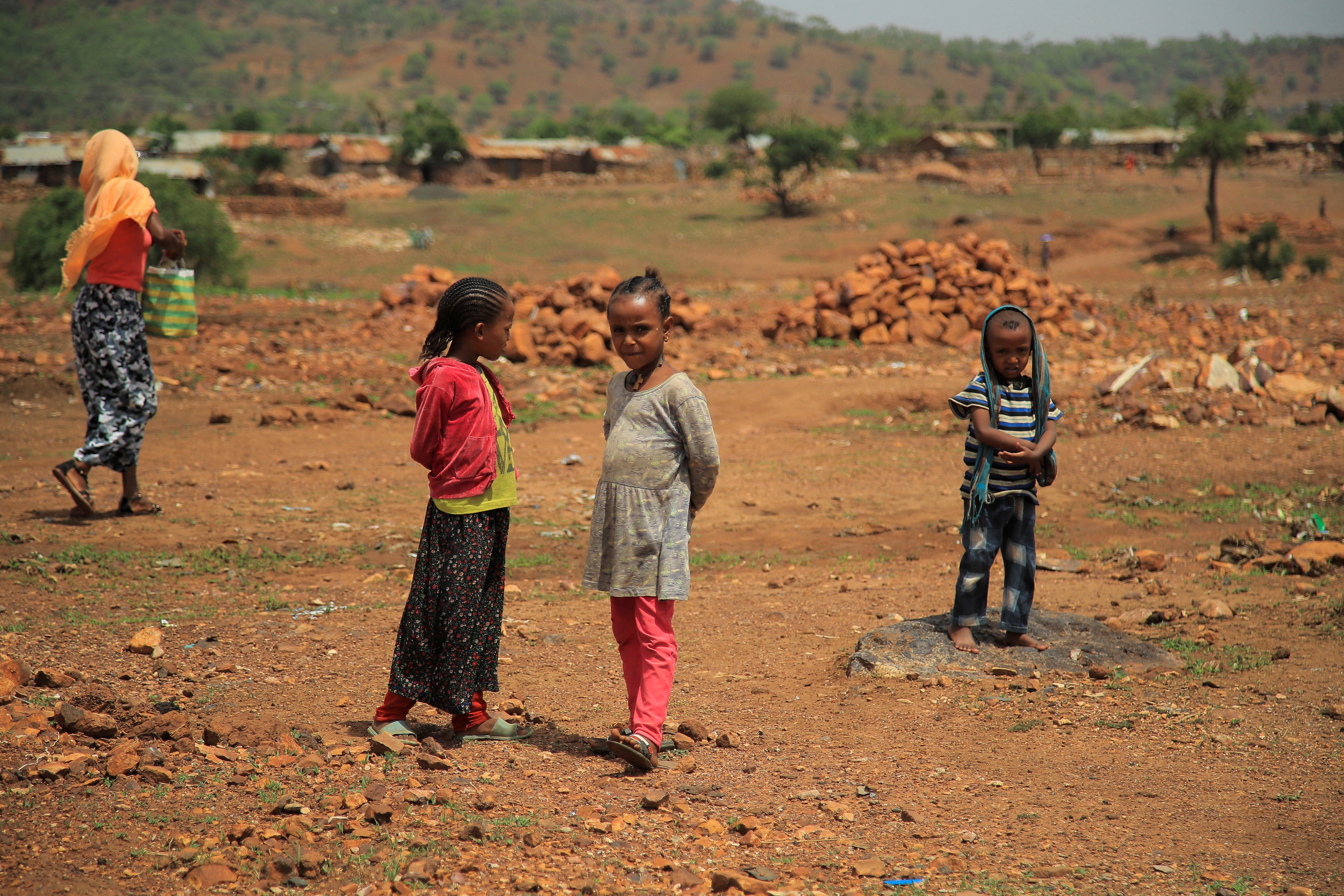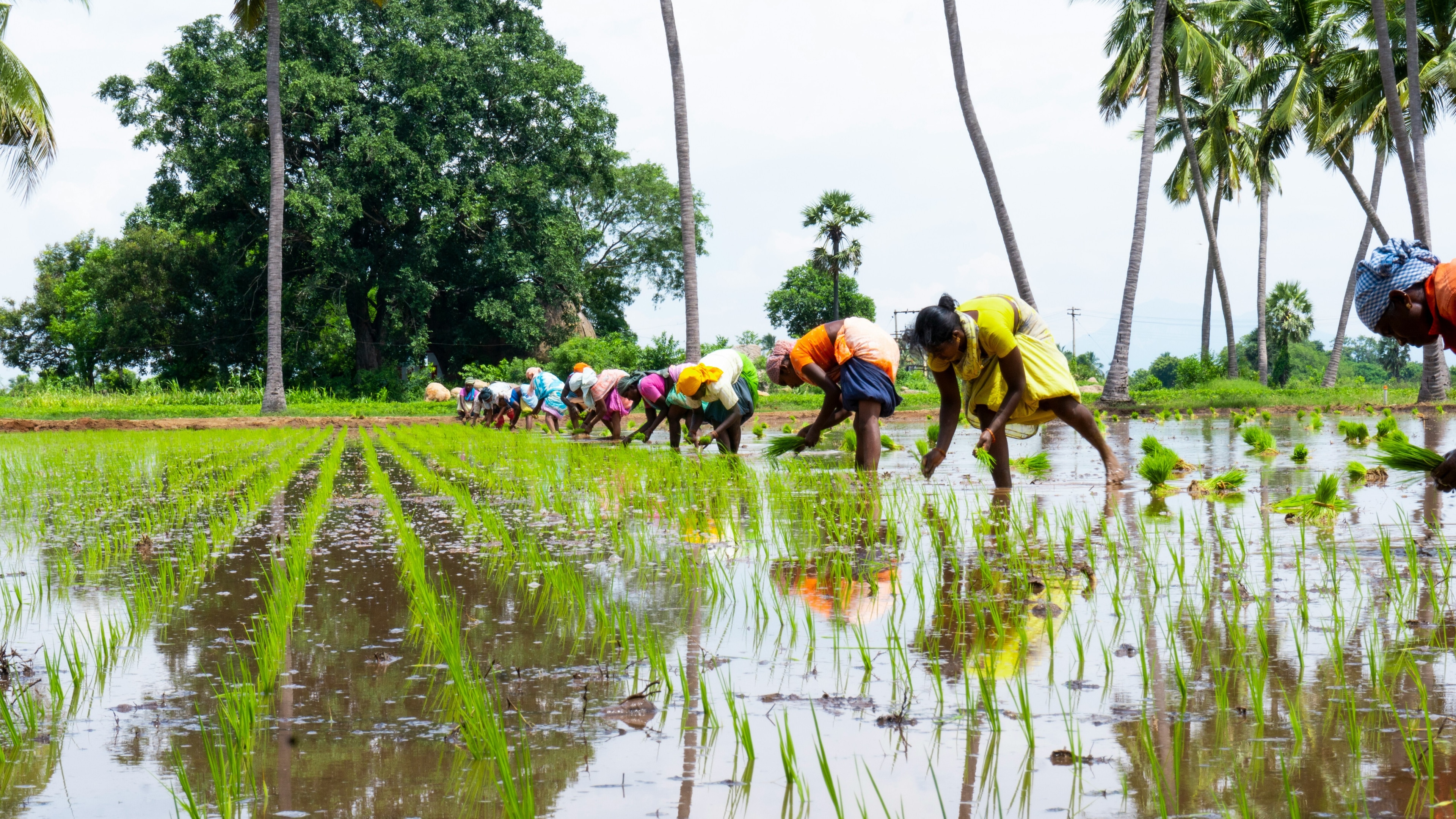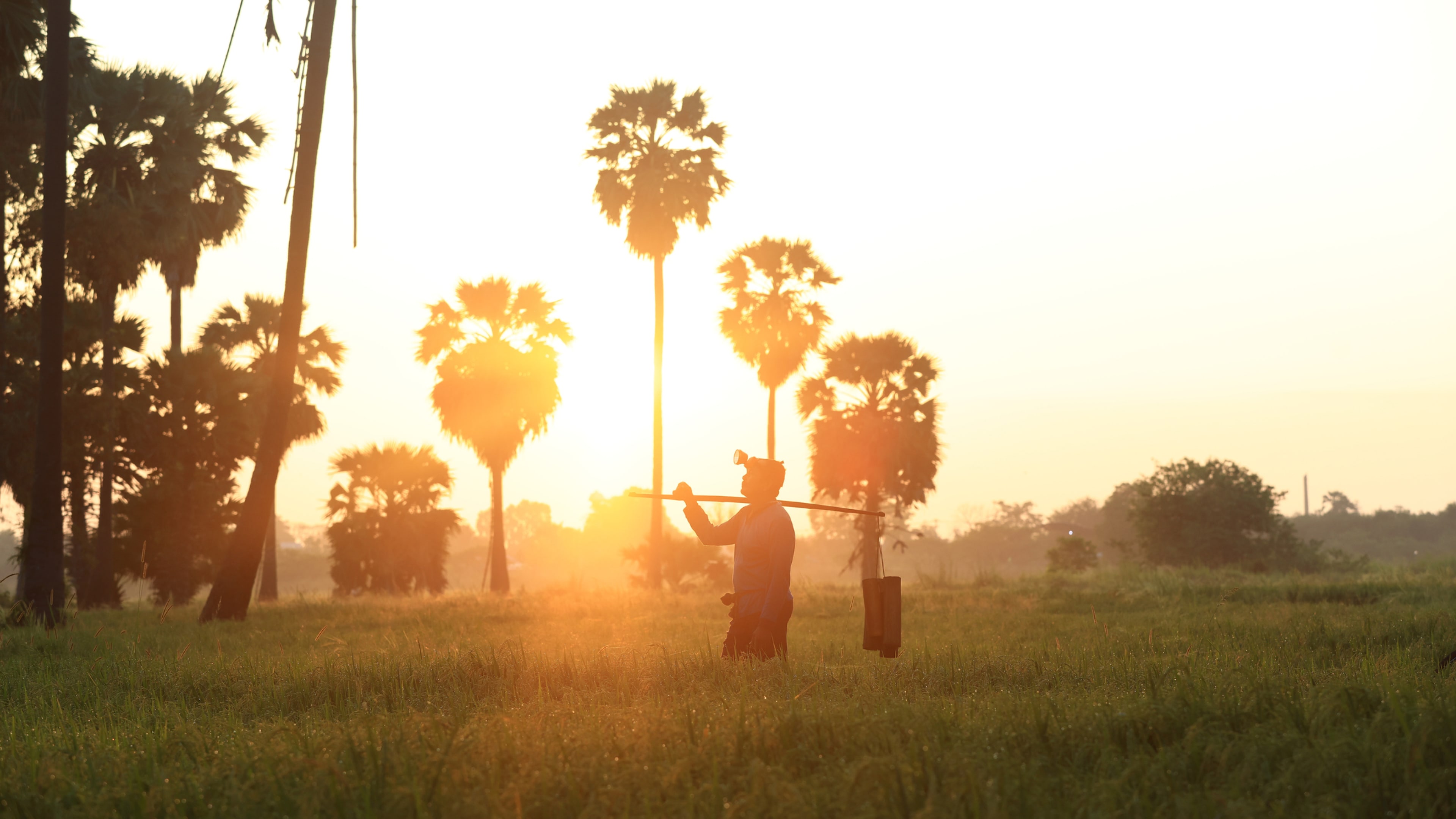Why we shouldn’t confuse refugees with terrorists

There is an incorrect notion that migration and refugee flows are somehow linked to terrorism or that terrorist activities are motivated, directly or indirectly, by these populations. It is important to decouple and separate the migration and refugee flows around the world from acts of terrorism in any shape or form, no matter where they occur.
The vast majority of people become displaced because they are fleeing from terrorists and their acts of brutal violence. The cruel irony, therefore, is that migrants and refugees are unfortunately being linked to the same terrorists they are fleeing from.
A careful distinction must be made between addressing migrant and refugee flows and responding to terrorism. The ones who are fleeing terrorism at home are doing so in desperation and are in need of international protection and assistance. The ones who are terrorizing the innocent and creating circumstances for large population displacements within and outside national boundaries, must be addressed with appropriate measures. There is no place for violence and brutality in any religion or society.
When it comes to heinous acts of violence, a response of shock and horror is entirely justified and understandable, but anger must not be directed towards the innocent. The vast majority of refugees and migrants around the world contribute positively to the culture, economy and nation-building of the countries they live in. Many migrants return to their countries of origin when economic and political situations have improved.
The international community, therefore, needs to create opportunities for migrants and refugees to usefully contribute to their host societies. This could be achieved through provision of humanitarian facilities for short-term, temporary relocation assistance, and selective employment opportunities.
Not in Islam’s name
Unfortunately, the recent waves of violence and terrorist attacks in many parts of the world have been carried out in the name of Islam. The international community must recognize and declare that this is not the correct and true spirit of Islam, which is a religion of peace. Muslim countries, both leaders and citizens, have a greater moral responsibility to come forward and condemn these acts of terrorism.
The entire international community has the obligation to condemn terrorist activities carried out in the name of religion and to share the responsibility of assisting those who are fleeing from countries in which acts of terrorism are rampant. Terrorist groups do not uphold the true values of any religion or human-rights principles. Every nation, religion and society must join forces to voice their condemnation.
We are the majority
The international community – including the media, international and civil-society organizations and general public – cannot let the terrorists distract us from doing the right thing for the right reasons. We need to protect the human rights of those who are fleeing from violence and terrorism and are in need of protection and attention, both in the short and longer term.
Let us also do all we can to address the root causes of why so many people are being displaced and forced to live in less-than-humane conditions in refugee camps around the world.
The terrorists are but small fractions of large, peaceful and peace-loving societies that exist and thrive in many parts of the world. They should not be allowed to destroy the positive image of any religion or society. We should not let the greater goodness of human nature by affected by a terror-perpetrating minority.
The International Organization for Migration believes, practises and implements its mandate through its activities to ensure migration and human mobility is managed in a dignified, orderly, safe and humane manner.
Author: Ovais Sarmad is Chief of Staff of the International Organization for Migration (IOM)
Image: Migrants walk towards the Austrian border town of Spielfeld, in the village of Sentilj, Slovenia, November 18, 2015. REUTERS/Leonhard Foeger
Don't miss any update on this topic
Create a free account and access your personalized content collection with our latest publications and analyses.
License and Republishing
World Economic Forum articles may be republished in accordance with the Creative Commons Attribution-NonCommercial-NoDerivatives 4.0 International Public License, and in accordance with our Terms of Use.
The views expressed in this article are those of the author alone and not the World Economic Forum.
Stay up to date:
Migration
Forum Stories newsletter
Bringing you weekly curated insights and analysis on the global issues that matter.
More on Resilience, Peace and SecuritySee all
Shoko Noda and Kamal Kishore
October 9, 2025


